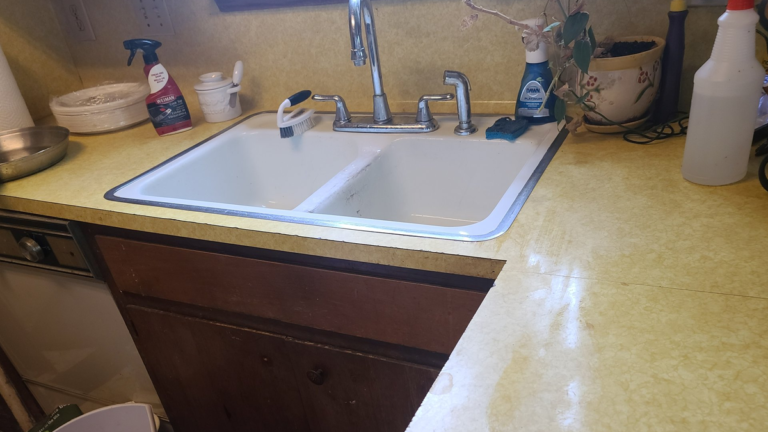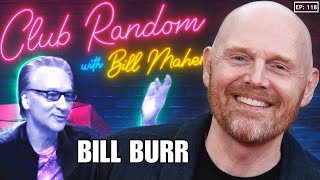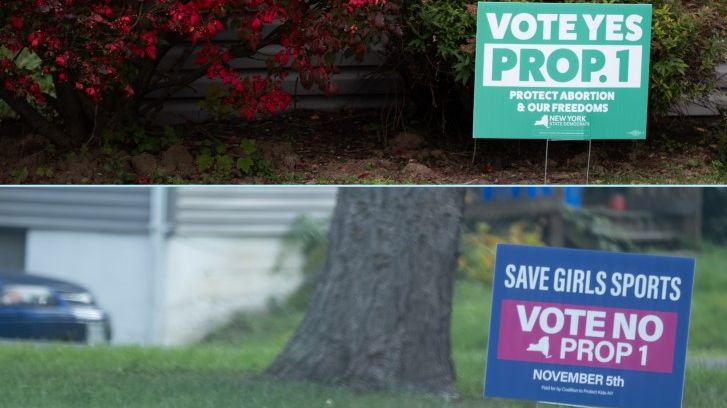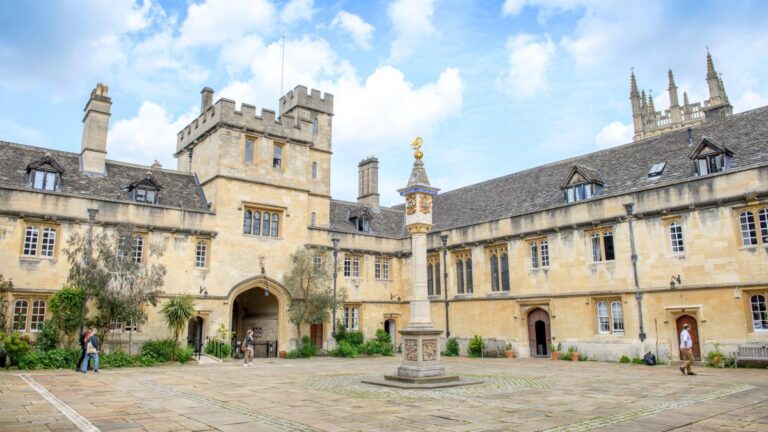John Cleese’s Cancel Culture Show Canceled by Channel 4
John Cleese’s Cancel Culture Show: A Shocking Cancellation
In the ever-evolving landscape of television, where every piece of content seems to carry a weighty agenda, the cancellation of John Cleese’s latest project, a show focusing on cancel culture, has raised more than a few eyebrows. Channel 4’s decision to pull the plug on a show by one of comedy’s titans has sparked discussions of free speech, creative expression, and the complicated world of contemporary media. So, what exactly happened, and why are people talking about it?
Who is John Cleese?
Before diving into the nitty-gritty of the cancellation, let’s take a quick lap around who John Cleese is. If you’ve spent any time in comedic circles, you’ll know him as one of the founding members of the Monty Python comedy troupe, a legendary figure in British comedy. With a knack for sarcasm and a flair for the absurd, Cleese has created a legacy spanning decades. His comedic endeavors didn’t stop with Monty Python; he has starred in numerous films and television shows, influencing countless comedians along the way.
Cleese’s unique style—often delivered with a blend of wit and cheek—has resonated with audiences worldwide. But with his latest project, it seemed he was wading into the contentious waters of cancel culture, a topic that has become ever-present in modern discourse.
What Was the Show About?
Cleese’s show aimed to dissect the phenomenon of cancel culture, a concept that has taken center stage over the past few years. For those living under a rock, cancel culture entails the public shaming and ostracism of individuals or entities for actions or statements deemed offensive or problematic. It’s a complicated topic, to say the least.
The show promised to take a humorous yet critical look at how modern society navigates this tricky terrain. With Cleese at the helm, fans expected a lively exploration filled with sharp commentary and a healthy dose of humor. The premise seemed intriguing: a beloved comic taking on something many see as the societal equivalent of walking on eggshells.
Why Was the Show Canceled?
Now, let’s address the elephant in the room—the cancellation. Was it the controversial subject matter that led Channel 4 to shy away from airing the show? Or was it something more? Although the official reasons remain somewhat murky, here are a few possibilities:
-
Backlash from Advocacy Groups: Given Cleese’s penchant for pushing boundaries, it’s not unexpected that advocacy groups might have taken issue with the show even before airing.
-
Concerns About Public Reception: In a world where public opinion can turn on a dime, perhaps Channel 4 weighed the risks and found that the potential backlash outweighed any gains.
-
Changes in Programming Direction: Networks often pivot in their programming strategies. Channel 4 might simply be shifting gears toward different types of content.
Undoing a show of this nature isn’t just a business decision; it’s also an emotional one. Cleese himself has been vocal about his perspectives on cancel culture, suggesting that it stifles creativity and free speech. This makes the cancellation feel, to many, like a troubling symbol of the times—an indication that those who dare to poke fun at societal norms might be the first to fall under scrutiny.
The Context of Cancel Culture
To truly get a grip on this situation, it’s essential to understand the broader context of cancel culture and its complexities. This isn’t a straightforward issue peppered with black-and-white answers; it’s more of a labyrinth of varying opinions and values.
The Double-Edged Sword of Free Speech
On one side, advocates of cancel culture argue it serves as a necessary tool for holding individuals accountable for their words and actions. They claim it’s a way to amplify marginalized voices and create a more equitable society. However, on the flip side, critics argue that this phenomenon can spiral into a form of mob mentality, where individuals are hounded for perceived transgressions—often without room for dialogue or reconciliation.
Cleese has positioned himself against aspects of cancel culture. He has drawn lines between being held accountable and being silenced, raising critical questions about how society navigates this delicate balance. Could the cancellation of his show indicate a broader fear of discussing controversial issues in today’s media landscape? It certainly seems so.
The Impact on Comedy
Let’s not forget how this all impacts the world of comedy. Comedy has historically thrived on boundaries—jokes often sit precariously close to crossing lines!
-
Is the Fear of Cancellation Killing Comedy?: Many comedians, like Dave Chappelle and Ricky Gervais, have voiced concerns about being able to speak freely without the looming threat of cancellation. The landscape sometimes feels like a minefield, and crossing the wrong line could derail a career.
-
Are Comedians Censoring Themselves?: Some comedians might choose to play it safe, avoiding certain subjects altogether to escape backlash. Cleese’s intention to explore cancel culture suggests that he was ready to challenge this chill on creativity.
What’s Next for Cleese?
After the decision to pull the show, what’s on the horizon for Cleese? While only time will tell, we can speculate based on his past.
A Return to Traditional Media?
Many fans are hopeful that Cleese will shift gears and return to more traditional formats of media, perhaps in a more controlled environment. Cleese has a wealth of experience, and it’s hard to imagine him retiring from the comedy scene anytime soon.
Pursuing Other Projects
Cleese is known for his collaborations and projects outside of television. Perhaps he’ll consider a documentary or a special on Netflix that dives into similar subject matter but allows him more creative freedom without broadcast constraints.
Reactions to the Cancellation
The cancellation has garnered a mix of responses, which is to be expected. For some, it’s a sign that creative expression is becoming increasingly stifled. For others, it’s a necessary measure to ensure that harmful rhetoric doesn’t thrive.
Social Media Reactions
On platforms like Twitter and Instagram, reactions have flooded in:
- Some users have sided with Cleese, lamenting the state of comedy today.
- Others have supported Channel 4’s decision, citing the importance of social responsibility in media messages.
Public Discourse
Public discourse surrounding cancel culture has arguably become more polarized. Some see the cancellation as an indication of how fragile free speech can be, while others view it as necessary caution in a society demanding accountability.
Conclusion
The cancellation of John Cleese’s cancel culture show by Channel 4 opens up a larger conversation about freedom of expression, accountability, and the evolving nature of societal norms. While Cleese has championed the importance of humor in addressing challenging subjects, the fear of being “canceled” hangs over many comedians like a dark cloud. As audiences, we must grapple with the complexities involved in this discourse, recognizing that laughter can both inspire and provoke.
While the cancellation is a setback for Cleese, it doesn’t signal the end of his storied career. The conversation it sparks will likely continue, spanning comedy clubs, social media, and everyday discussions. After all, comedy is about challenging norms, and what better way to challenge norms than through dialogue?
FAQs
1. Why was John Cleese’s show canceled?
While the official reasons weren’t fully disclosed, it’s speculated that backlash from advocacy groups and concerns about public reception played a role.
2. What was the primary focus of the show?
The show aimed to examine cancel culture, providing a humorous yet critical lens on this contemporary issue.
3. How does cancel culture affect comedians?
It creates an atmosphere of caution, where comedians may feel pressured to self-censor to avoid backlash for their jokes.
4. What are some criticisms of cancel culture?
Critics argue that it can lead to mob mentality and stifle important conversations, making it difficult to engage in meaningful discourse.
5. What might John Cleese do next?
There’s speculation that he could explore different media avenues or return to traditional formats, but only time will tell what’s next for this comedy legend.







